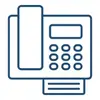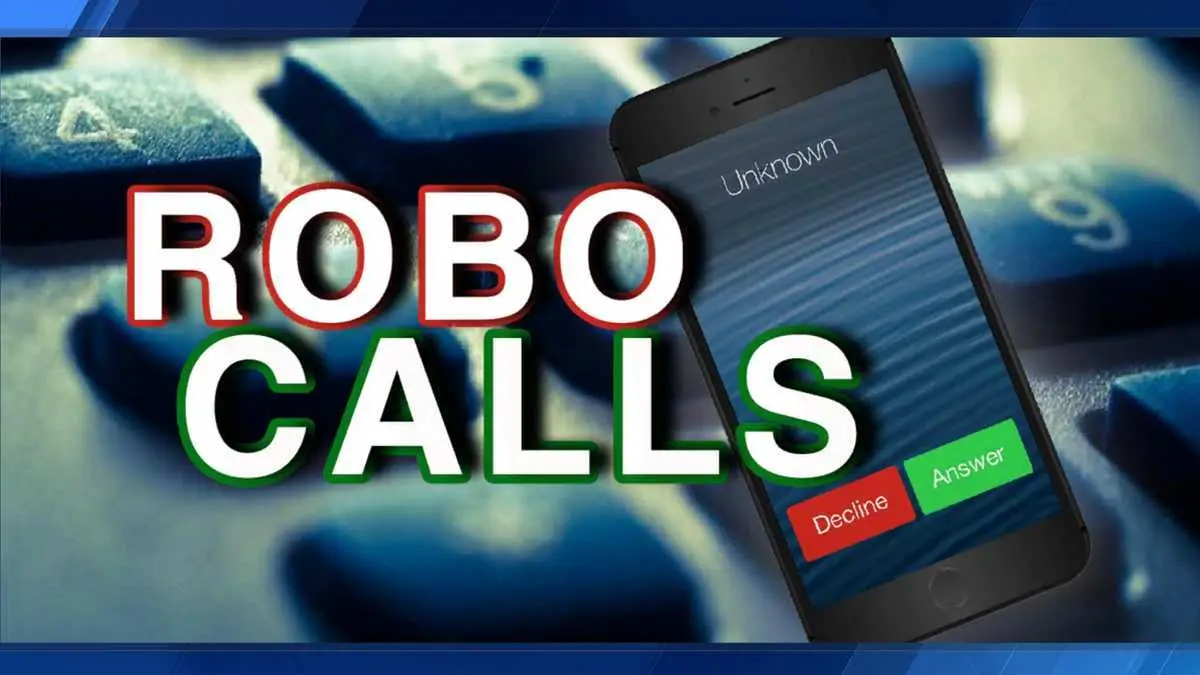On Friday, November 15, 2019, it was announced that an agreement had been reached on legislation to fight back against the growing number of robocalls in the US. Six legislators have been working around the clock to try and move the proposed bills through the legislative process. Friday’s announcement was a considerable step in the right direction, with many believing that this new act can be signed into law by the President in the upcoming months.
MENUCLOSE
- Products
-
-

- All-in-one Solution
-
Phone, video, fax, and messaging

Business e-SIM
Business mobility with no app to download
-

- Message
-
Chat & SMS Text Messaging

- Mobile App
-
Make on-the-go communications simple
-

- Phone
-
Intuitive features

- Faxing Made Easy
-
Easy faxing
-
-
-
- Industries
- Pricing
- Why Us?
- Learning HubDiscover the Carolina Digital Phone Learning Hub, your ultimate resource for everything related to business telephone services. Explore comprehensive information on: Cost & Pricing: Understand the competitive pricing options available for your business needs. Common VoIP Challengess: Get answers to common questions about our services and features. Comparison: Evaluate our offerings against competitors to find the best fit for your organization. Best in Class: Learn about our award-winning customer service and innovative solutions. Customer Stories: Read testimonials and case studies from satisfied clients who have transformed their communication strategies. Video & Podcast Resources: Access engaging multimedia content that provides insights and tips on maximizing your business phone service. Start your journey to enhanced communication today with the Carolina Digital Phone Learning Hub!
- Cost and PricingUnderstand the competitive pricing options available for your business needs. From equipment to features, hardware, installation, and more.
- Common VoIP ChallengesThe Common VoIP Challenges section of the Carolina Digital Phone Learning Hub addresses frequent issues and troubleshooting tips related to Voice over Internet Protocol (VoIP) technology. This section helps users understand and resolve common problems such as poor call quality, dropped calls, latency, and network configuration issues. It provides practical solutions to ensure a smooth and reliable VoIP experience for businesses and individuals alike.
- ComparisonThe comparison section of Carolina Digital Phone’s Learning Hub is designed to empower customers with clear and comprehensive insights into their VoIP services. This section addresses common questions and concerns by providing transparent and unbiased comparisons of their offerings against competitors and traditional phone systems.
- Customer StoriesThe Customer Stories section of the Carolina Digital Phone Learning Hub features real clients who have successfully transitioned from outdated phone systems to a cloud-based VoIP solution. These testimonials highlight the benefits of improved flexibility, cost savings, and enhanced communication capabilities. By sharing their experiences, customers illustrate how Carolina Digital Phone’s seamless migration process and ongoing support have empowered their businesses in a digital-first environment, showcasing the value of modern communication technologies.
- Best in ClassCarolina Digital Phone’s Best-in-Class section of the Learning Hub is designed to provide comprehensive insights into their industry-leading communication solutions. This section will address key customer questions by highlighting the company’s unique value propositions and technological advantages.
- Blog
- News
- Resources
- Home

